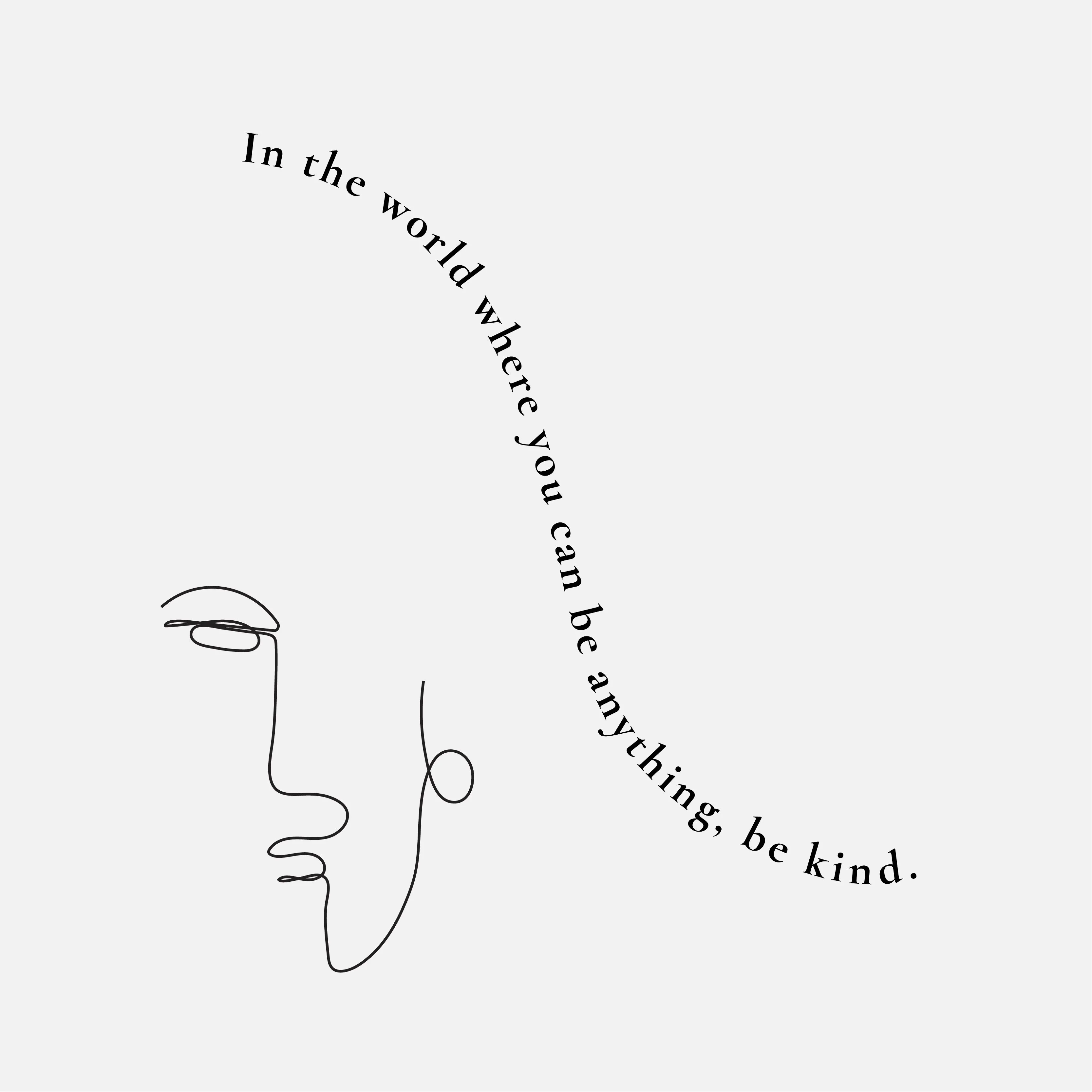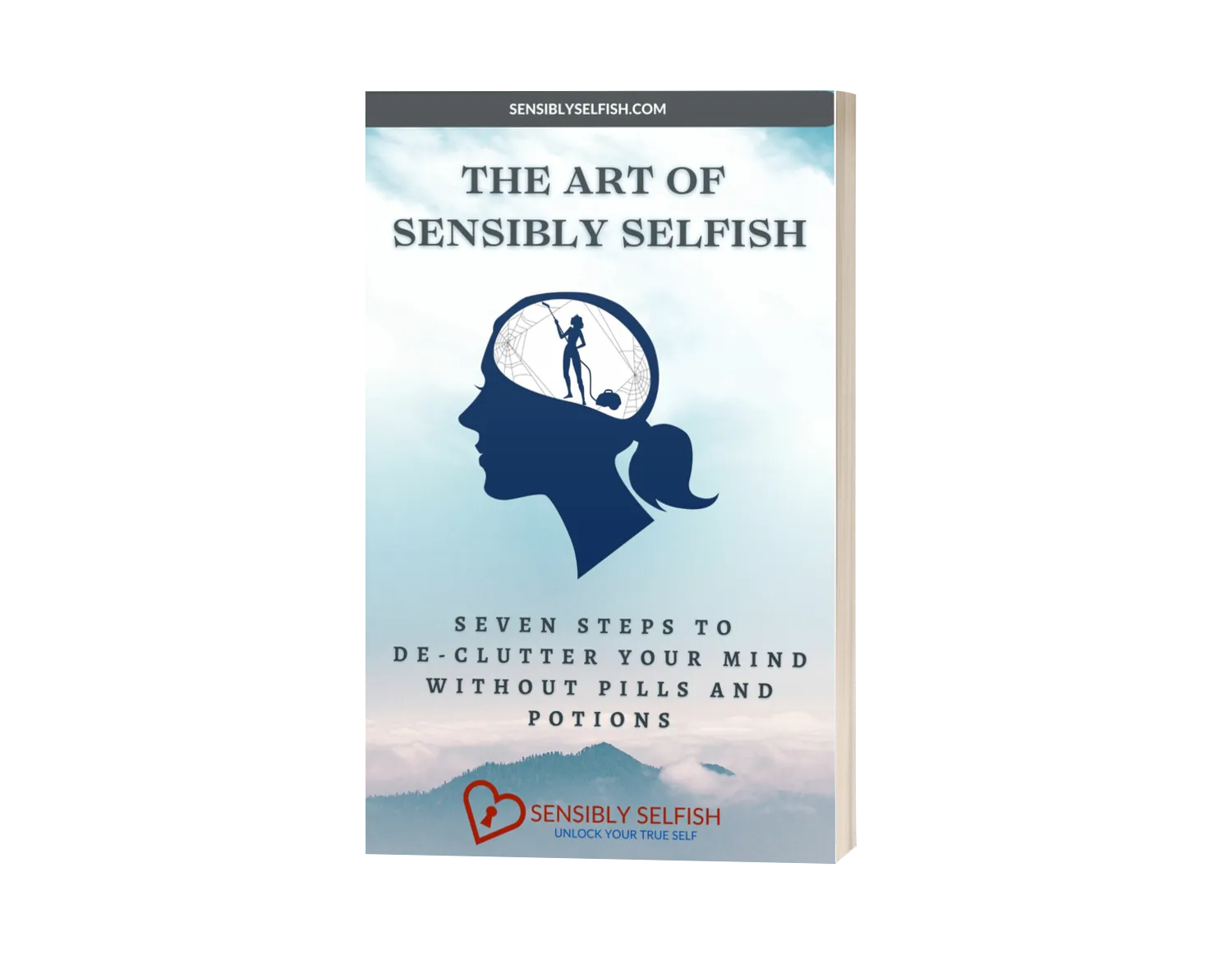Demystifying Stress
Dissecting Realities and Empowering Personal Resilience
[Toc]
Have you ever wondered why some people are able to cope with stress better than others? It's a fascinating phenomenon that we often observe in our daily lives. You may have a friend who "stresses out" when they break a fingernail, while others seem to hide their stress until it manifests in serious illnesses. On the other hand, there are those friends who appear immune to stress altogether. This stark contrast in reactions to stress begs the question: What sets these individuals apart?

Stress, in its various forms, can catch us off guard, leaving us vulnerable and unprepared. Without effective coping mechanisms, it can take a significant toll on our physical and mental well-being. Perhaps you've experienced the overwhelming weight of stress in your own life. Are you tired of feeling drained and depleted by the constant presence of stress? If so, you've come to the right place. This post is designed to help you regain control and infuse vibrant colors back into your life by gaining a deeper understanding of stress and developing effective coping strategies.
By delving into the intricacies of stress and exploring techniques to manage it, we can pave the way for a more balanced and fulfilling life. So, let's embark on this journey together, seeking clarity and practical solutions to combat stress and restore the vibrancy that stress has diminished.
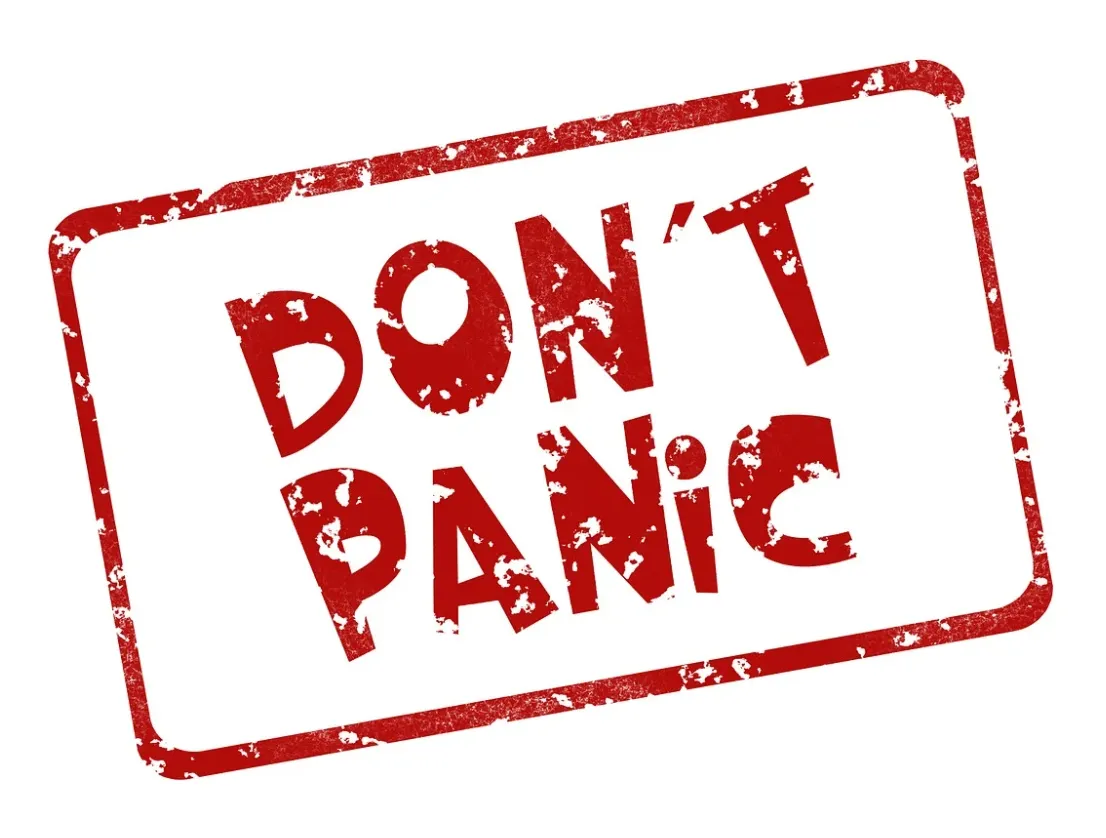 How Do We Define Stress Today?
How Do We Define Stress Today?
The Oxford Dictionary today defines stress as a ‘state of mental or emotional strain or tension resulting from adverse or demanding circumstances’. Stress can be described as the physiological and psychological response to external pressures, demands, or challenges placed upon an individual. It is a natural reaction that occurs when we perceive a situation as demanding or threatening, whether it's physical, emotional, or cognitive in nature. Stress can arise from various sources, such as work-related pressures, personal relationships, financial difficulties, or major life changes.
The stress response activates a series of physiological changes in the body, including the release of stress hormones such as cortisol and adrenaline. These hormonal changes prepare the body for a "fight-or-flight" response, mobilizing energy and resources to deal with the perceived threat. While stress can serve as a motivator in certain situations, chronic or excessive stress without adequate coping mechanisms can have detrimental effects on both our physical and mental well-being.
It's important to note that stress is a subjective experience, and what may be stressful for one person might not be the same for another. Understanding stress and its impact on our lives is crucial in developing effective strategies to manage and mitigate its negative effects.

What Are the Symptoms of Stress?
Below is a list of possible stress symptoms, take a look and see if you can relate to any. It's important to note that different individuals may experience stress in different ways, and symptoms can vary from person to person. Additionally, not all symptoms may be present at once, and some individuals may experience a combination of different symptoms.
- Restlessness or agitation
- Rapid heartbeat or heart palpitations
- Digestive issues (such as stomachaches, nausea, or diarrhoea)
- Sweating excessively
- Shortness of breath or difficulty breathing
- Feeling overwhelmed by simple tasks
- Increased sensitivity to noise or light
- Changes in appetite or weight fluctuations
- Skin problems (such as acne, rashes, or eczema)
- Increased irritability or anger outbursts
- Social withdrawal or isolation
- Memory problems or forgetfulness
- Feeling a sense of loss of control or helplessness
- Increased use of drugs or alcohol
- Sexual difficulties or loss of libido
- Feeling constantly on edge or hypervigilant
- Overwhelm
- Irritation (wound up)
- Anxious or fearful
- Lacking self-esteem
- Racing thoughts
- Worrying constantly
- Difficulty concentrating
- Difficulty making decisions
- Depression
- Distrust
- Headaches
- Muscle tension or pain
- Chest pain
- Palpitations
- Dizziness
- Lowered immune system
- Sleep problems
- Constantly feeling tired
- Eating too much or too little
- Drinking or smoking more
- Avoiding things or people that cause you problems
- Metabolic syndrome (diabetes, high blood pressure, obesity)

Causes of Stress
When a person is stressed, they may struggle to manage other responsibilities, which in turn piles on more pressure. This vicious cycle can create a snowball effect, making it increasingly challenging to find balance and regain control. However, it's important to recognize that the human body possesses remarkable self-regulatory mechanisms when dealing with life events. Stress, in itself, is not an illness but rather a natural response that alerts us to potential threats or challenges. It is the body's way of mobilizing resources and energy to adapt and cope with demanding situations.
Understanding the potential stressors that can trigger this response is crucial in navigating our own stress levels. Stressors can be diverse and vary greatly from person to person. They can range from major life events, such as the death of a spouse or loved one, financial difficulties, work-related issues, and challenging relationships, to more everyday occurrences like illness, divorce, exams, moving house, or even seemingly trivial matters such as breaking a fingernail. Additionally, stress can arise from situations that we cannot control, uncertainty, or simply the overwhelming nature of wanting something to be a certain way. It's essential to recognize that stressors are not limited to a specific category or magnitude; they can be anything that disrupts our sense of equilibrium and challenges our ability to cope effectively.
By identifying and acknowledging the stressors that impact our lives, we can begin to develop strategies to manage and minimize their effects. Recognizing that stress is a natural response and not an inherent illness allows us to reframe our perspective and approach stress as an opportunity for growth and adaptation. By nurturing resilience and implementing effective coping mechanisms, we can navigate through the ups and downs of life more effectively, maintaining a healthier balance and overall well-being.
Possible Stressors
- The death of a spouse or loved one
- Money problems
- Work issues
- Difficult relationships
- Illness
- Divorce
- Exams
- Moving house
- Loss of job
- Going on holiday
- Trac
- Breaking a fingernail
- Something you can’t control
- Anything that you want it to be

Sudden and Severe Stress
Feelings of stress can occur over a short period of time, known as acute stress, or they can persist over a prolonged period, leading to chronic stress. Chronic stress is particularly concerning as it can have significant impacts on our overall health and well-being. Research suggests that chronic stress can contribute to the acceleration of the ageing process. The constant activation of stress responses in the body, such as increased production of stress hormones like cortisol, can have detrimental effects on various bodily systems and contribute to cellular damage. Over time, this may lead to a faster deterioration of cells and tissues, ultimately impacting the overall ageing process.
Physiologists explain that when the body experiences sudden and severe stress, it triggers a series of physiological responses. These responses are designed to prepare the body for a potential threat or danger, commonly known as the fight-or-flight response. Some of the physiological changes that occur include an increased heart rate, which helps to pump oxygenated blood more efficiently to the body's tissues. Additionally, the breathing rate increases, allowing the lungs to take in more oxygen to fuel the body's response. Digestive activity tends to decrease during times of acute stress, as the body prioritizes energy allocation to other vital functions. This can result in a decrease in appetite or the feeling of not being hungry. Moreover, the liver releases glucose into the bloodstream, providing an additional energy source to support the body's response to stress.
Understanding these physiological responses can help us grasp the complex interplay between our mind and body during times of stress. By becoming aware of these changes, we can work towards developing strategies to manage stress effectively and minimize its impact on our overall health and ageing process. Taking steps to reduce stress, practicing relaxation techniques, engaging in regular exercise, and adopting a healthy lifestyle can all contribute to promoting well-being and slowing down the potential negative effects of stress on the body.

Stress Myths #1 - Stress is an Illness
The ability to cope with stress effectively varies from person to person, and it is influenced by various factors such as individual resilience, coping strategies, support networks, and personal mindset. While stress can undoubtedly have detrimental effects on our mental and physical well-being if left unmanaged, it is essential to challenge the notion that stress automatically leads to illness. The belief that stress alone is an illness oversimplifies the complex relationship between stress and health outcomes.
Take, for example, individuals in high-stress careers such as firefighters or pilots. Despite being exposed to intense and prolonged stress, these professionals often exhibit remarkable resilience and do not necessarily experience an increased risk of premature mortality or chronic illnesses. This suggests that there may be other factors at play beyond the presence of stress alone. These individuals may have developed adaptive strategies and cultivated a mindset that allows them to thrive in challenging environments. They may have learned to harness stress as a catalyst for growth, finding ways to effectively manage and navigate the demands of their professions.
Rather than perceiving stress as an enemy, we can reframe our understanding and approach it as an opportunity for personal development and growth. By cultivating a positive mindset, building resilience, and developing effective coping mechanisms, we can "immunize" ourselves to a certain extent against the negative effects of stress. It is important to recognize that stress is not a one-size-fits-all experience, and individuals have the capacity to shape their responses and outcomes. By understanding and harnessing the power of our mind-body connection, we can cultivate a healthier relationship with stress, enhancing our overall well-being and longevity.

Stress Myths #2 - Where did all the good stress go?
Everyone responds to life events in different ways. Two people undergoing the same event will have totally different experiences and also different abilities to cope. As stress affects everyone in a different way it is hard to prove scientifically that stress actually exists.
Even if we could prove that stress exists, we have given it such a bad name today that we tend to forget it can also have a good side. Everyone needs a certain amount of stress or pressure in their life. We could say stress is what gets you out of bed in the morning and motivates you throughout the day.
Kelly McGonigal in her brilliant book ‘The Upside of Stress’ defines three types of stress: Fight and Flight, Challenge Response, and Tend-andBefriend. None of these states is seen as bad, providing you know how to harness them and use them to your advantage at the right time. All you have to do is work out which type of state you find yourself in.
You can use your stress/life’s challenges to move comfort zones, learn and grow. It’s not all negative, in fact, you could say it’s just part of life.
While stress has gained a predominantly negative reputation, it is crucial to acknowledge that not all stress is detrimental. In fact, stress can serve as a powerful motivator and catalyst for personal growth. Everyone needs a certain amount of stress or pressure in their lives to propel them forward and inspire action. It is the driving force that pushes us out of our comfort zones, encouraging us to embrace new experiences, learn from challenges, and develop resilience. By recognizing the different types of stress responses, such as fight-or-flight, challenge-response, and tend-and-befriend, we can harness their positive aspects and utilize them to our advantage. Rather than viewing stress as solely negative, we can reframe our perspective and see it as an integral part of life that can contribute to our personal development and overall fulfilment.

Stress Myths #3 - Self-Regulation of Stress without Pills and Potions
Stress is a complex response that involves both biological and psychological factors. It occurs when we perceive a threat or challenge that surpasses our available resources to cope with it effectively. This decision is influenced by sensory input, including what we see, hear, and feel, as well as our past experiences and memories of similar situations. Recent research suggests that our genes may also play a role in determining our susceptibility to stress, as they are closely intertwined with our individual personalities.
According to Peter Kinderman, Professor of Clinical Psychology, in a BBC article, stress triggers a hormonal surge in the body. When the brain's hypothalamus detects stress, it stimulates the production of hormones such as adrenaline and cortisol. These hormones facilitate the body's response to perceived threats or pressure, commonly known as the "fight or flight" response. Adrenaline increases heart rate, raises blood pressure, and provides extra energy, preparing the body for action.
Cortisol, often referred to as the stress hormone, temporarily boosts energy levels by releasing glucose into the bloodstream, aiding the individual in fighting or fleeing from the stressor. Meanwhile, the body suppresses non-essential functions like digestion that are not immediately necessary in the face of the perceived threat. It's important to note that the body's response to stress typically self-regulates. As hormone levels decrease, heart rate and blood pressure return to normal, restoring equilibrium within the body.
The remarkable capacity for self-regulation in response to stress demonstrates that the body can manage and adapt to life events without relying on pills or potions. It is a natural process that unfolds within us. By understanding the underlying mechanisms and learning effective coping strategies, we can empower ourselves to navigate and regulate stress more efficiently. The key lies in recognizing our innate ability to restore balance and harnessing it to promote well-being without the need for external interventions.
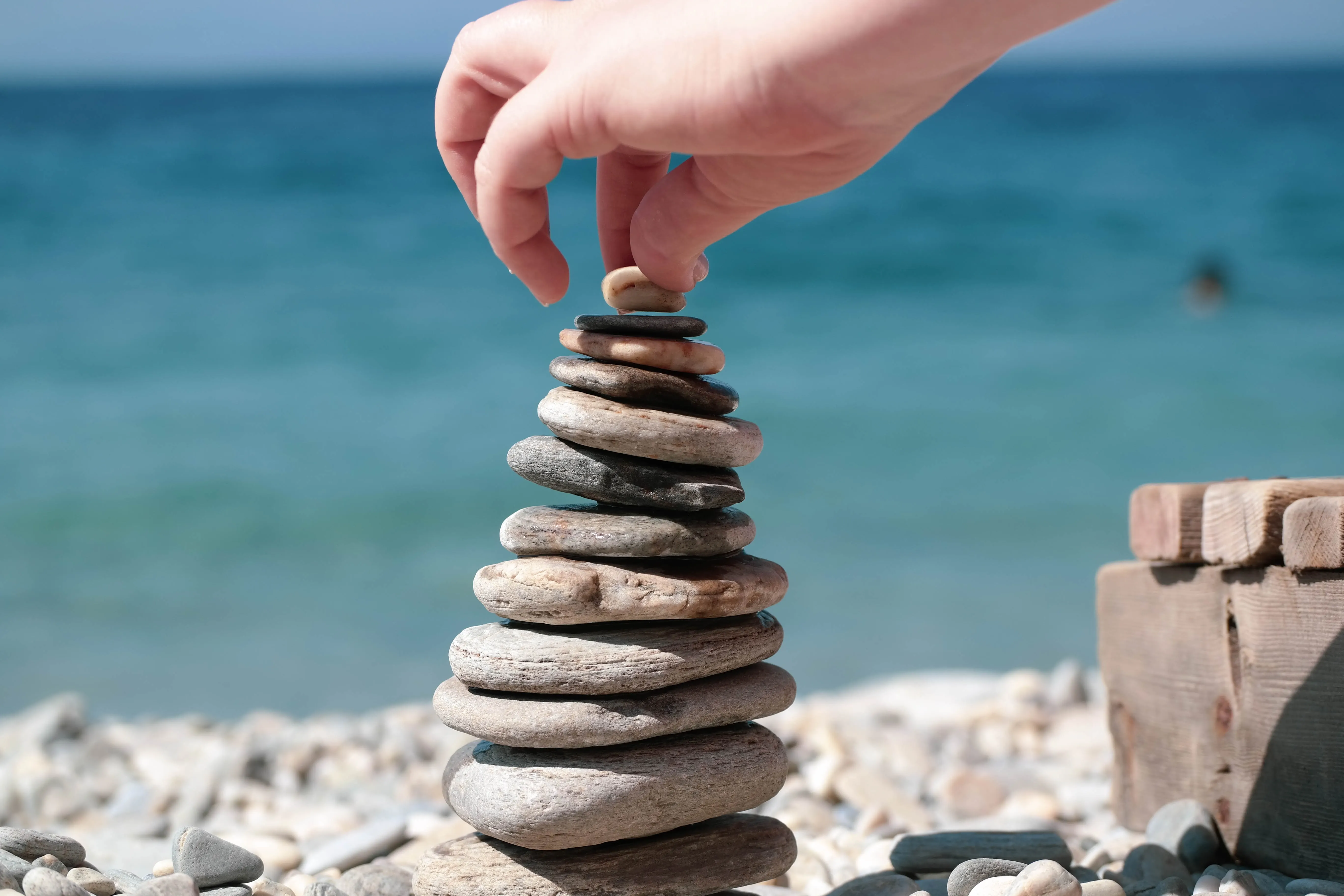
Stress Myths #4 - Reevaluating the Existence and Perception of Stress
Stress is a concept deeply ingrained in our society, and it has become almost synonymous with life in the 21st century. We believe in its existence and its detrimental impact on our health, to the extent that it is often portrayed as a potential killer. Paradoxically, the more we read about the negative effects of stress, the more stressed we become. However, is this perception of stress necessary? Is it, not time to reconsider our relationship with stress?
Throughout history, our generation has witnessed the debunking of various misconceptions, such as smoking being beneficial, milk being the ultimate source of calcium, or sugar being healthier than fat. Could it be time to add the belief that stress is universally bad for you to that list?
Empowering ourselves to approach stress in a more fulfilling manner can be transformative. The term 'stress' was first introduced by H. Selye, who described it as a non-specific response of the body to any demand for change. In his initial report for Nature magazine, Selye used the term to describe accidental findings from his laboratory experiments on animals. However, even Selye himself found it challenging to provide a precise definition of stress, once telling reporters, "Everyone knows what stress is, but nobody really knows."
Interestingly, before Selye coined the term, stress was not a recognized concept. It was only after its introduction that stress gained significant attention and became a central focus in discussions. Although Selye acknowledged the existence of positive stress, known as eustress, stress quickly became associated with unpleasant threats. While Selye's experiments primarily focused on the physical implications of stress in animals, his findings were extrapolated to humans to verify stress both physically and mentally. Consequently, stress became the basis for much of what we believe and understand about it today.
The harsh reality is that stress has evolved into a multi-million dollar business. Pick up any magazine or news article, and you will encounter claims that stress is the leading cause of mortality in the Western world. In 2017/18, stress accounted for 37% of all work-related ill-health cases and 45% of all lost working days due to ill-health in the UK. The pharmaceutical industry thrives in a stressed society, with stress being estimated to cost the United States over $300 billion annually in medical expenses and lost productivity. It begs the question: Could stress be exploited as a means to redefine normal life stages and generate profit?
In light of these considerations, it is crucial to critically evaluate the existence and perception of stress. While acknowledging that stress can indeed have negative consequences if unmanaged, we should question the narrative that portrays it as an all-encompassing threat to our well-being. By developing a more balanced understanding of stress and its potential positive aspects, we can reshape our relationship with it, promoting a healthier and more nuanced approach to stress management.
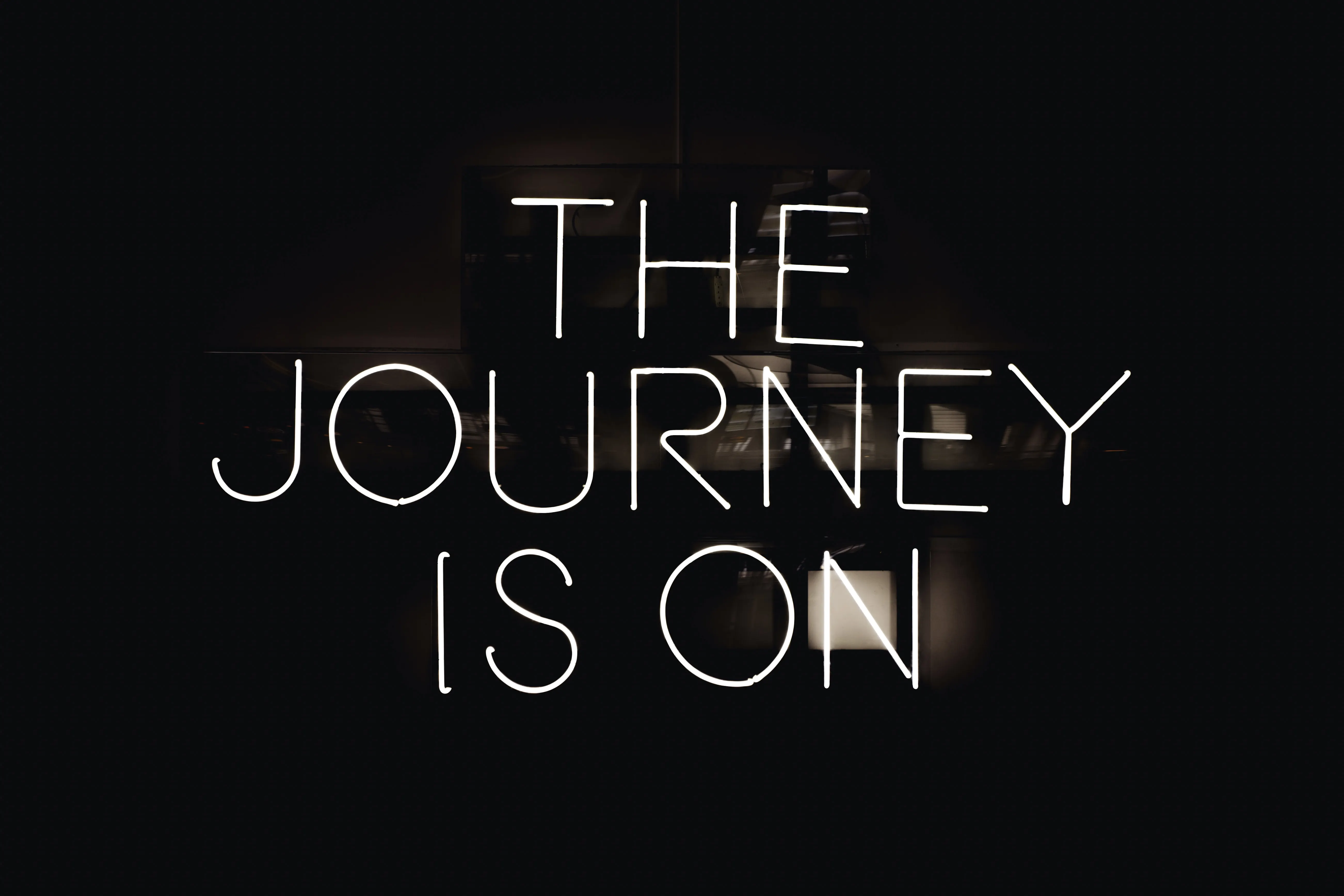
Stress Myths #5 - Rediscovering Control over Stress
Stress is an undeniable part of life, though accepting this fact can be easier said than done. The more we delve into the topic of stress, the more confusion and scepticism may arise, leaving us with a sense that we are being deceived. However, amidst this uncertainty, one resounding message needs to be conveyed: it's time to reclaim control. If stress is indeed an inherent aspect of life, then our mindset becomes the most potent weapon in conquering it.
Consider the power of mindset. In many aspects of life, growth and personal development are fostered through having an open mind. It is through embracing new perspectives and seeking alternative viewpoints that we expand our understanding and transform circumstances into opportunities for growth. Working with clients, I have observed that sharing burdens, insights, and experiences in a safe space can be a crucial step toward harnessing their responses to life, cultivating resilience, uncovering strengths, and fostering personal growth.
Let's consider a prime example: the experience of excitement. When we are excited, our bodies undergo physical reactions such as a churning stomach, a racing heart, and a sense of anticipation. Interestingly, these physiological responses mirror those associated with anxiety: an increased heart rate and sensations in the stomach, albeit accompanied by a feeling of dread. The key difference between excitement and anxiety lies in the mind. Both emotions share similar physical manifestations, highlighting the power of mindset in shaping our interpretation and experience of these sensations. In essence, excitement and anxiety exist on a spectrum, and the mindset we choose determines which end of the spectrum we lean toward.
By embracing a mindset that allows us to navigate stress with agency and resilience, we can regain control over its impact on our lives. Instead of perceiving stress as an insurmountable force, we can view it as an opportunity for growth, adaptation, and self-discovery. Engaging in open dialogue, seeking support from others, and fostering a mindset that embraces challenges as avenues for personal development can pave the way toward a healthier and more empowered relationship with stress. Ultimately, the choice lies within us: which mindset do we prefer to embrace?

Making the mindset switch - Empowering Transformation
Harnessing the power of mindset requires intentional effort and support, but it is a journey that can bring about profound changes in your life. Begin by challenging the narratives you have adopted and be mindful of the stories you choose to believe. Take a moment to reflect and ask yourself some crucial questions:
- Have I cultivated a sense of gratitude in my life, appreciating the blessings that surround me?
- Is my life free from mental and physical clutter, allowing for simplicity and clarity?
- Do I find joy and laughter in the everyday moments, embracing the lighter side of life?
- Am I passionate about my work, deriving fulfilment and purpose from my chosen path?
- Does my workplace foster a positive environment, free from the burdens of negativity?
- Do I cultivate meaningful friendships, both giving and receiving support and connection?
- Am I aware of when and how to ask for help, and understand the power of seeking support?
- Do I prioritize my well-being by nourishing my body through healthy eating and regular exercise?
- Do I envision and strive for fulfilling relationships that align with my values?
- Am I consciously developing my beliefs and values, shaping them to align with my authentic self?
- Am I open to changing any limiting beliefs that may hinder my progress?
If you find yourself answering "no" to any of these questions, it is an indication that you may be living life in a state of discomfort rather than balance. While occasional deviations are normal, strive for an overall sense of equilibrium. Achieving life balance not only improves your mental and emotional well-being but also enhances the functioning of your brain. The release of feel-good neurotransmitters, such as endorphins, boosts self-confidence, elevates mood, enhances sleep quality, reduces the risk of depression, mitigates the likelihood of major illnesses, and even lowers the risk of premature death by up to 30%.
As you align your life, even in the smallest ways, you will find yourself equipped to navigate whatever challenges come your way without succumbing to the weight of stress. Embracing a balanced mindset allows you to respond to life's trials with resilience and grace, knowing that you have cultivated the internal resources to thrive. So, take the leap and embark on this transformative journey, and soon you will realize that stress becomes an afterthought in the face of a harmonious and empowered existence.

Building Resilience and Embracing Life
In your journey towards an awesome life, you have taken significant strides to increase your physical and mental resilience, deepen your relationships, strengthen your values, and change your beliefs about stress. By following these simple steps, you are well on your way to conquering stress and finding meaning in life.
One crucial aspect is having someone to lean on, empowering both your caregiving side and your social relationships. By fostering strong connections, you create a support system that enhances your resilience and personal growth. As you become someone that others can rely on, you further develop your own strength and resilience.
Imagine gazing into the mirror and seeing a stress-free version of yourself. When others inquire about the secret to overcoming stress, you now possess a different understanding. You have embraced the principles that debunk stress myths and realized that it doesn't require pills or potions to conquer it. With this newfound knowledge, you can confidently face stress head-on.
Now, let's delve deeper into your journey:
- Have you found your tribe, a supportive community that uplifts and understands you?
- Do you have special techniques to control your mindset and cultivate a positive outlook?
- Have you discovered effective ways to keep physically fit, enhancing your ability to cope with stress?
- Are there remnants of animosity lingering within you that may hinder your response to stress?
- What is the particular situation that is currently challenging you?
- Have you asked someone to walk with you on your journey through understanding stress?
As you continue to acquire new skills and strategies to deal with stress, you become the engineer of your own life. Just as engineers measure the stress a bridge can withstand, you develop a strong life bridge capable of navigating the twists and turns that come your way.
Embrace the journey, harness your newfound resilience, and let go of the fear of stress. You are now equipped with the tools and mindset to conquer stress and create an extraordinary life.


